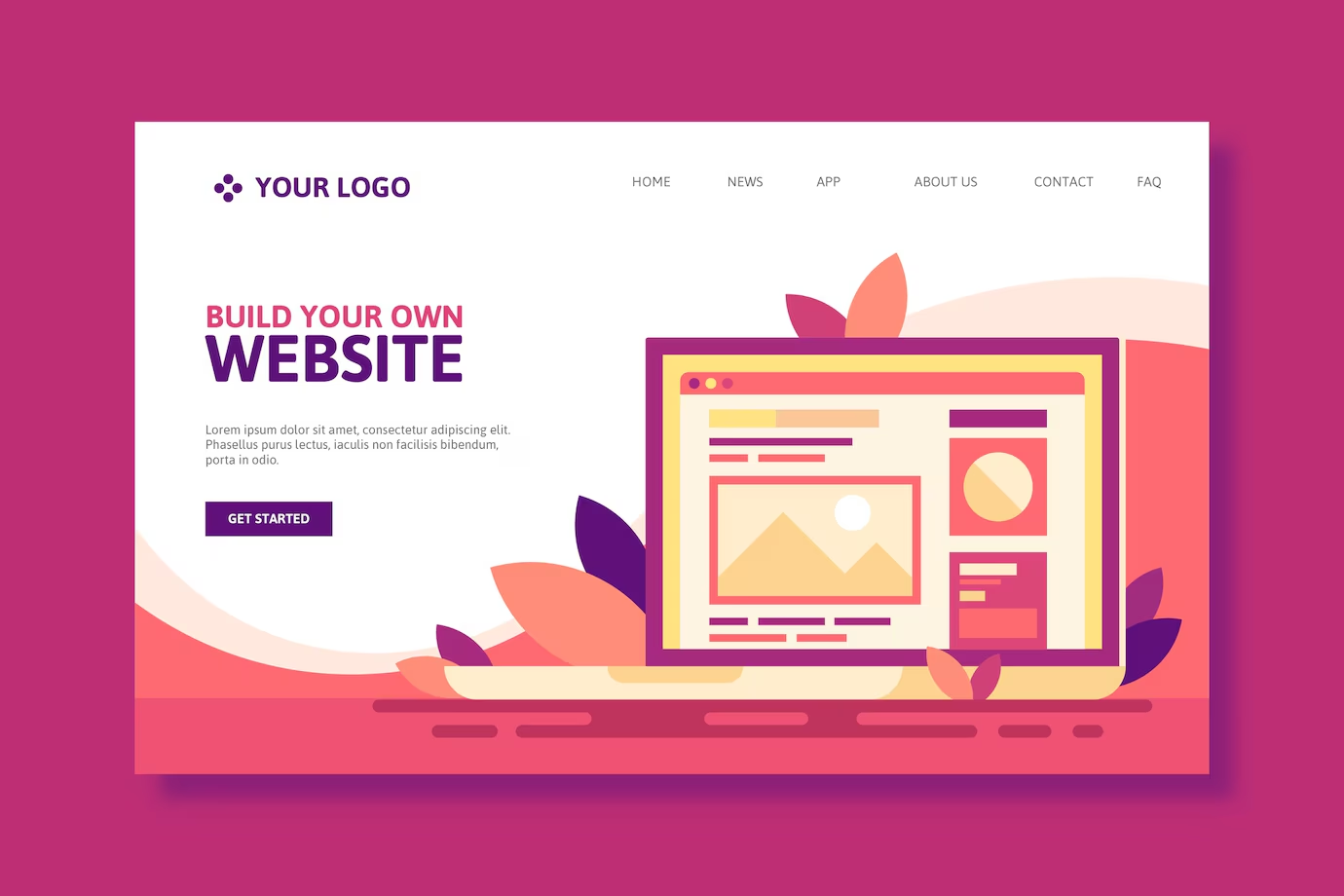WordPress and the Art of Website Management
In the big world of the internet, where lots of websites compete for attention, one platform stands out: WordPress. It started in 2003 as a simple tool for blogging but has become much more. Now, WordPress helps manage over 40% of the web. This isn’t by luck; it’s because WordPress is easy to use, flexible, and has a helpful community. Anyone, whether they’re new to websites or experts, can use WordPress to manage a site. Let’s take a closer look at what WordPress is, how you can use it to manage a website, and why it’s so helpful for your online presence.
What is WordPress?
WordPress is an open-source Content Management System (CMS) that enables users to create, publish, manage, and optimize websites with ease. It’s a free platform that allows you to easily create, run, and update websites. Started in 2003 for blogging, it now supports all kinds of websites, from personal blogs to large corporate sites. Its popularity stems from being user-friendly, flexible, and feature-rich, making it suitable for building virtually any type of website imaginable.
How to Manage a Website with WordPress
Managing a website with WordPress entails a series of important steps, from the initial setup to continuous maintenance. Let’s explore how WordPress assists with these activities:
1.Setting Up Your Website:
- Choose a Hosting Provider: WordPress requires web hosting to run. Many hosting providers offer specialized WordPress hosting plans that include easy installation.
- Install WordPress: You can manually install WordPress or use the one-click installation feature provided by many hosts.
- Select a Theme: Choose from thousands of free or premium themes to determine the look and layout of your site. Themes can be customized to fit your brand.
2. Creating Content:
- Posts and Pages: Use the WordPress editor to create posts (for blog entries) and pages (for static content like ‘About Us’). The Block Editor allows you to easily add text, images, videos, and more.
- Media Management: Upload and manage media elements like images and videos through the WordPress Media Library.
3. Customization and Functionality:
- Plugins: Enhance your site’s functionality with plugins. Whether you need SEO tools, social media integration, contact forms, or e-commerce capabilities, there’s likely a plugin for it.
- Widgets and Menus: Add widgets for additional features like calendars, search bars, or custom menus to improve navigation and user experience.
4. Maintenance and Optimization:
- Updates: Regularly update WordPress core, themes, and plugins to ensure your site is secure and running smoothly.
- Backups: Use plugins or hosting services to schedule regular backups of your site’s content and database.
- Security: Implement security measures, including using strong passwords, security plugins, and SSL certificates to protect your site.
- Performance: Optimize your site’s speed and performance by using caching plugins, optimizing images, and minimizing plugin use.
5. SEO and Analytics:
- SEO: Improve your site’s search engine ranking with SEO plugins like Yoast SEO. These plugins can guide you in optimizing your content and meta tags.
- Analytics: Integrate tools like Google Analytics with WordPress to monitor your site’s traffic, user engagement, and other important metrics.

How WordPress Can Help You:
1. Ease of Use: WordPress’s intuitive interface makes it easy for non-technical users to create and manage content.
2. Cost-Effective: WordPress itself is free, and many of its themes and plugins are also available for free or at a low cost, making it accessible for businesses of all sizes.
3.Flexibility: With its vast array of themes and plugins, WordPress is incredibly flexible, allowing for the creation of a wide variety of websites tailored to your specific needs.
4.Community Support: The large WordPress community means that support and resources are readily available, from forums and blogs to tutorials and meetups.
5.Scalability: WordPress sites can grow with your business, from a small blog to a large e-commerce site, without needing to change platforms.
GET 50% OFF ON DOMAIN AND HOSTING SERVICES.....
WordPress.org vs. WordPress.com
It's important to distinguish between
WordPress.org is where you can download the WordPress software to install on your own web hosting account. It offers maximum flexibility and allows you to own and control your website completely.
WordPress.com offers a hosted solution where you can create a website on the WordPress.com platform. It’s simpler to set up but comes with limitations on customization and requires a subscription for advanced features.
CONCLUSION
In summary, WordPress provides a comprehensive, flexible, and user-friendly platform for website creation and management, catering to a wide range of needs and skill levels. Whether you’re a blogger, small business owner, or digital marketing professional, WordPress offers the tools and resources needed to create and maintain a successful online presence.

